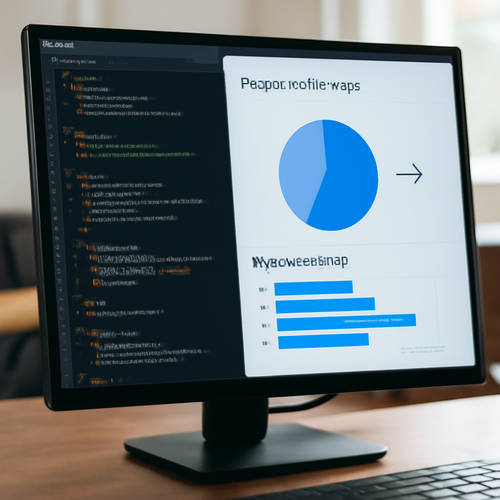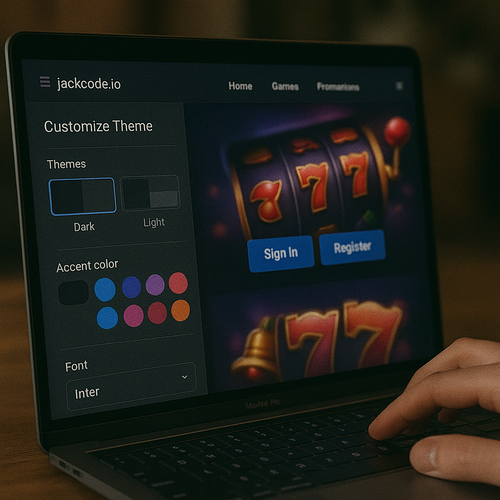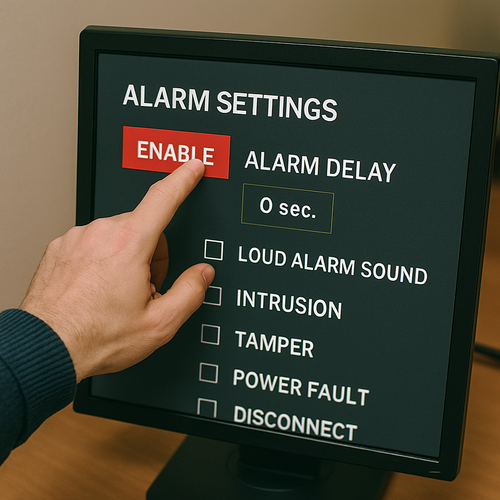
In betting, stability is everything. Loss of connection, API drop or delay in calculating the live bet can lead to financial losses, loss of player confidence and reputational risks. Therefore, reliable platforms introduce a multi-level fault tolerance system that works even when individual components fail.
What is fault tolerance
Fault tolerance is the ability of the system to continue to operate in the event of partial failures:- Without interruption in case of server, database, API failures
- Automatic switching to redundant nodes
- Localize the problem without dropping the entire platform
- Rapid recovery without manual intervention
Technologies and approaches
| Method | Purpose and effect |
|---|---|
| Load Balancer | Traffic distribution between several nodes |
| Database Replication | Primary Storage Loss Protection |
| Microservice architecture | Isolation of problem components |
| Health-check & Auto-restart | Service monitoring and automatic recovery |
| GEO-DR | Support for work from different regions of the world |
| Active-Active and Active-Passive clusters | No downtime if one of the centers fails |
Infrastructure for fault tolerance
Kubernetes (K8s) - self-healing clusters
Redis Sentinel/Cluster - fault-tolerant caches- PostgreSQL with replication - primary and hot backup database
- Kafka with multiple brokers - reliable event delivery
- Cloudflare/CDN - Perimeter Protection (DDoS, DNS, Geocalibration)
Examples of situations
| Scenario | How the system works |
|---|---|
| One of the API servers crashes | Traffic instantly goes to another via LB |
| Missing Internet in the region | GEO-DNS will transfer players to the nearest data center |
| Error in calculation module | The rest of the platform continues to work |
| DB damage | Recover from replica without data loss |
Platform Result
Increased service reliability- Maximum uptime: 99. 99% and above
- Protect revenue from technical failures
- Confidence of partners and players
- Reduced support calls
Fault tolerance is not just about "not falling," but about "always working." In a high-load live-betting environment, it is important to be prepared for any failure: from overload to node failure. The more reliable the system is built, the calmer the business and players.
Contact Us
Fill out the form below and we’ll get back to you soon.









